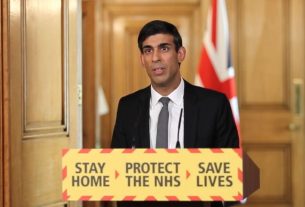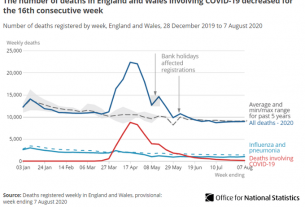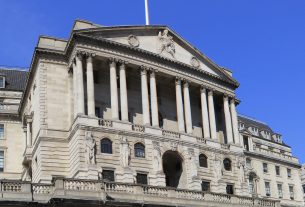The Treasury anticipates a 2.5% increase in the full state pension this year, translating to an additional £400 annually for pensioners. This boost is a result of the triple lock, which was introduced to make sure that the state pension rises each April by the highest of three factors: inflation, the average wage increase in the UK, or 2.5%.
For men born after 1951 and women born after 1953, this adjustment will bring the full state pension to approximately £12,000 next year, following a £900 increase last year.
Those who retired before 2016, and who might have qualified for a secondary state pension, are expected to see their basic state pension rise by at least £300 annually, reaching £9,000 under the old system.
This news comes amid growing criticism of the government’s decision to reduce the winter fuel payment for most pensioners. As a result, many pensioners are likely to see their overall income increase by only £100 to £200, despite the pension uplift.
Pensions Secretary Liz Kendall is set to make the final decision on the uprating before the Budget next month. However, on Monday, Chancellor Rachel Reeves reaffirmed the government’s commitment to maintaining the triple lock through the end of this parliament.
This pledge is a costly electoral promise, impacting the £130 billion annual state pension budget and backed by all major parties.
Under the triple lock system, the state pension is adjusted each April based on the highest of the following: the Consumer Prices Index (CPI) inflation rate from the previous September, the average wage increase across the UK, or a flat 2.5%.
Introduced by the Conservative-Liberal Democrat coalition government in 2010, the triple lock was intended to ensure that the state pension keeps pace with both rising living costs and the earnings of the working population.
The government has highlighted the generosity of the triple lock, especially after its decision to cut the winter fuel payment for most households.
However, critics, including campaigners and opposition parties, argue that this measure falls short of supporting the hundreds of thousands of pensioner households, particularly in rural areas, who live below the poverty line and will still lose their winter payment.




